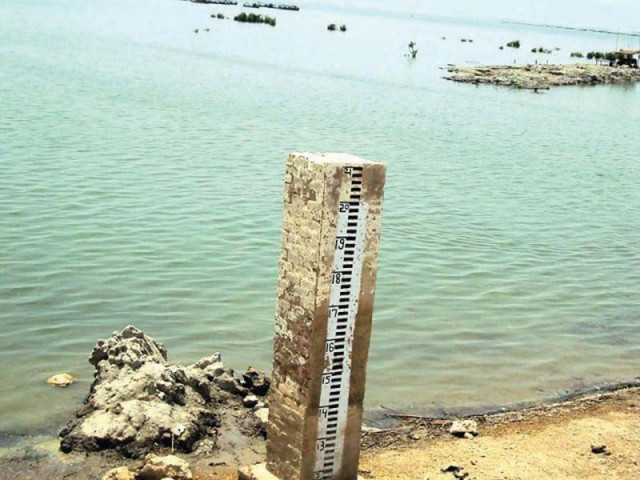Manchar Lake residents protest closure of RO plants
Protesters appealed to SC to take notice of provincial government's action

The bench directed the irrigation secretary to get the out of order RO plants functional and submit a report within one month. PHOTO: FILE
Manzoor Hussain Jamali and Maula Bux Mallah, who led the protest in Jamshoro district, claimed that only 20 RO plants were providing filtered water to around 100 villages scattered along the lake. However, they alleged, the provincial government has directed the Sindh irrigation department and the project management of the Right Bank Outfall Drainage to stop operation of the RO plants form Aug 31.
SC defines measures for alleviating contamination of Manchar Lake
"Instead of reopening the around 40 dysfunctional RO plants, the government is depriving us of whatever scant supply of filtered water we [the villages] have," said Lutfullah Brohi, a protester.
The protesters appealed to the Supreme Court, which is already hearing a petition about contamination of the lake, to take notice of the provincial government's action. They also claimed that the staff operating these plants are not regularly paid their salaries, owing to which many have stopped working at the plants.
An official of the irrigation department, Zaheer Memon, told the local media that the department was operating 16 RO plants whose control has now been handed over to the provincial government.
Manchar Lake contamination: Judicial officers to supervise RO plants’ installation
The protesters warned of staging a sit-in demonstration outside Chief Minister Murad Ali Shah's residence in Waharn village after Eidul Azha.



















COMMENTS
Comments are moderated and generally will be posted if they are on-topic and not abusive.
For more information, please see our Comments FAQ